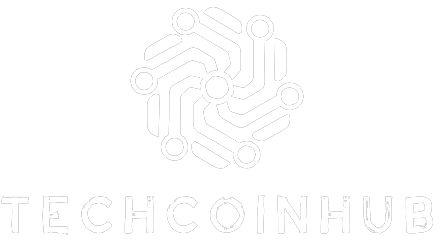The Impact of Artificial Intelligence on Job Market and Future Workforce
Artificial Intelligence (AI) has become an increasingly prominent topic in recent years, with its potential to revolutionize various industries. While AI presents numerous benefits and possibilities, there are concerns about its impact on the job market and the future workforce. This post will delve into the effects of AI on employment, the challenges it brings, and its potential opportunities.
The Impact of AI on Employment
AI-powered automation can streamline and optimize various tasks, enhancing productivity and efficiency in sectors such as manufacturing, customer service, and data analysis. However, this automation could displace some jobs traditionally performed by humans. Repetitive tasks that can be easily automated are at the highest risk of elimination.
Challenges Faced by Workers
The introduction of AI may require workers to adapt to new roles and acquire additional skills. Those lacking the necessary skills or unable to upskill may face difficulty in finding employment. The rapid pace of technological advancements may also lead to job insecurity and an increased demand for highly skilled individuals, creating a potential divide between those who benefit and those who are left behind.
Exploring Opportunities
Although AI may displace certain roles, it also creates opportunities for the workforce. As technology progresses, new jobs will emerge, requiring skills that complement AI systems, such as programming, data analysis, and software development. Additionally, AI can augment human capabilities, leading to higher-quality and more specialized job roles.
Adapting and Preparing for the Future
To minimize the negative impact of AI on the job market, proactive measures must be taken. This includes investing in workforce retraining programs, upskilling initiatives, and promoting lifelong learning. Governments, educational institutions, and corporations must collaborate to ensure the workforce is equipped with the skills needed in an AI-driven economy.
Conclusion
The impact of AI on the job market and the future workforce is undoubtedly significant. While certain job roles may be replaced by automation, AI also brings forth new opportunities and increased efficiency. To navigate this transformative phase successfully, a multi-faceted approach is necessary. Building a skilled and adaptable workforce, investing in research and development, and promoting a culture of continuous learning will be key in harnessing the potential of AI while ensuring socio-economic stability.

